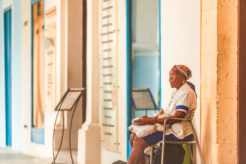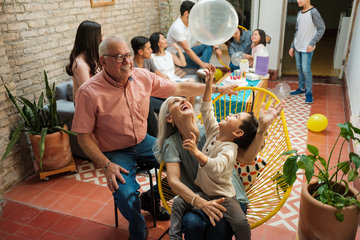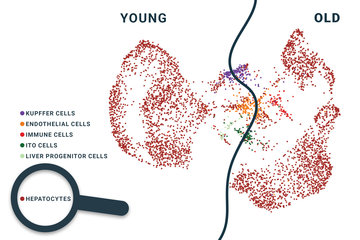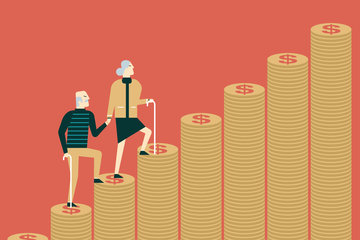Gender equality does not always lead to equal health
New study in population health in equitable societies reveals differences
In equitable societies, women and men assess their health in a similar way - but not in Cuba. MPIDR researcher Mine Kühn confirms this in her latest publication.

Gender differences in life expectancy in Cuba are particularly small. Therefore, one could assume that Cuban women’s and men’s health is similar, but it is not. Women in Havana rate their health significantly worse than men in the Cuban capital. Starting at age 60, they suffer from poor health, depression, chronic and age-related diseases more frequently and more severely than men.
Cuba has high levels of gender and social equity including universal access to healthcare. In the 1960s and 1970s, life expectancy improved significantly as a result of health reforms and is now one of the highest in Latin America and only slightly lower than in the US.
"To support our thesis, we compared gender differentials in health in Havana with populations that have more difficult access to health care and are considered less equitable," says Mine Kühn. The researcher at the Max Planck Institute for Demographic Research in Rostock used the inhabitants of Mexico City and the foreign-born Hispanic population in the US as comparative populations.
In all three societies, women’s health is poorer than that of men. Surprisingly, the gender gaps in health are most pronounced in Havana. "The female disadvantage in all health outcomes is consistent, even after taking factors such as age, income, education, family composition and smoking behavior into account," says Mine Kühn. She published her results in the journal European Journal of Ageing. For her estimates she used data from the Survey on Health, Well-Being, and Aging in Latin America and the Caribbean and the 2000 Health and Retirement Study.












